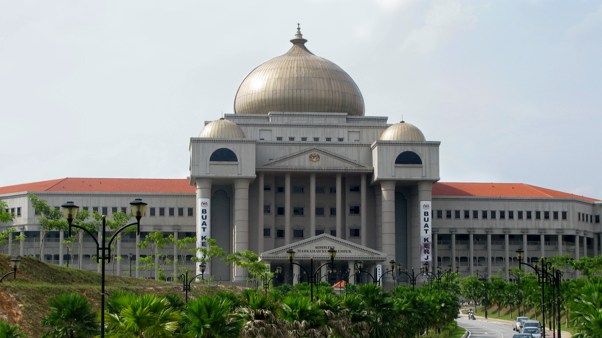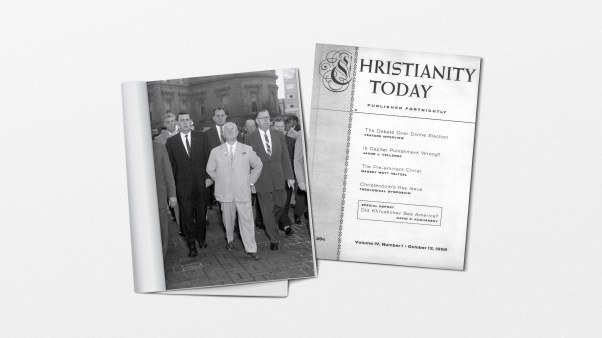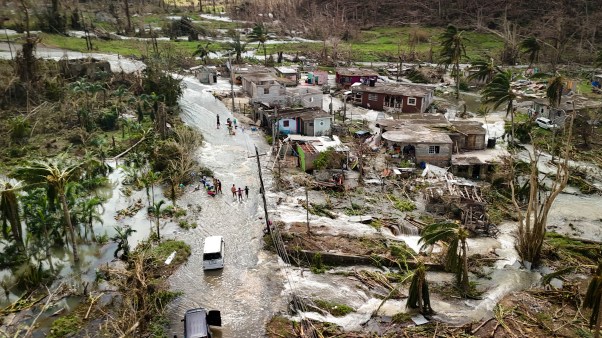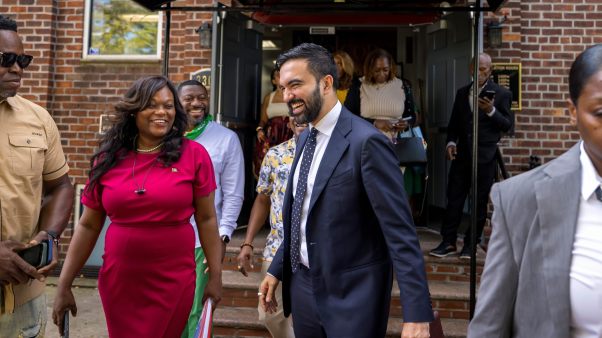An immigration judge cannot quiz asylum seekers on religious doctrine to see if they are credible about their faith, the Ninth U.S. Circuit Court of Appeals reiterated in a January ruling. The State Department made the rule because persecuted Christians often lack access to religious training and literature.
The problem in the case of Chinese Christian Lei Li, the court said, was not only had he been tested on doctrine, but that his answers weren’t wrong.
Li says he became a Christian while visiting Korea in December 1999 and hosted a house church when he returned to China. Authorities raided the church in 2001 and held Li for 19 days, repeatedly beating him. Li was fined about $900, lost his job because of the arrest, and left for the U.S. on a visitor visa. After he violated his visa by working, he applied for asylum.
Li’s immigration judge said Li failed to prove that he was a Christian. He couldn’t answer basic questions about Christianity, explained the immigration judge.
But in describing his faith, Li said he believed “Jesus came to save people from sin, that he willingly died on the cross, that he rose from the dead and … ascended into heaven,” Judge Alfred Goodwin wrote for the Ninth Circuit that reversed the lower court’s ruling.
Li also explained why he worshiped in a house church rather than an officially sanctioned Three-Self Patriotic Movement church. Those churches, he said, “have a different Lord than we do …. [Th]eir Lord is the government, not God.”
But the immigration judge was distressed that “Li claimed that Thanksgiving was a Christian holiday” and “knew little about the differences between the Old and New Testaments”—though Li noted that the Old Testament was written in Hebrew and the New Testament in Greek.
“Li is in good company” on the Thanksgiving question, Goodwin wrote: “President Washington first declared Thanksgiving as a day of public prayer to acknowledge Almighty God,” and Lincoln did much the same.
“Safeguards tend to catch wrong decisions made by judges,” said Ann Buwalda, an immigration attorney with Jubilee Campaign who has handled many religious asylum cases. “It’s rare you have to make an appeal [like this]. Thankfully, a process is in place.”
Copyright © 2011 Christianity Today. Click for reprint information.
Related Elsewhere:
Previous stories related to immigration and church & state include:
Spotlight: Today’s Pilgrims | Like the settlers of Plymouth Colony, today’s refugees and asylum seekers have fled their homelands because of persecution of several kinds—not just religious. (November 24, 2010)
Homeland Security’s Catch-22 for Exiles | ‘Ridiculous’ interpretation of law bars thousands. (April 5, 2006)
The Torture Victim Next Door | Hidden victims of religious persecution find refuge in America. (March 6, 2000)








